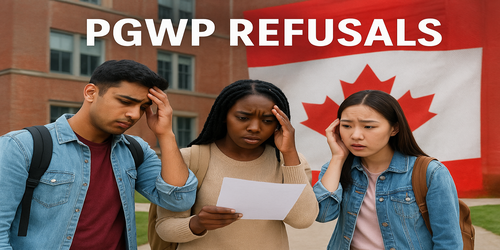The government of Canada has introduced a new bill – Bill C-3- that could help a lot of people who are struggling to gain Canadian citizenship which they lost it in the past. Plus it will make easier for Canadian living abroad to pass on citizenship to their children.
This new bill C 3 is a new Canadian law introduced in June 2025 to fix problems in the old citizenship act. It will help in these manners.
It will help people who lost or never got citizenship due to outdates rules.
Canadian parents living abroad who want to pass citizenship to their new children.
Adopted children born outside of Canada.
Who are lost Canadians
Lost Canadians are those people who supposed to be Canadian citizens but lost it or never got it because of these factors:
Rules that required people to apply before the age of 28 to keep citizenship.
Laws that limited parents on passing citizenship to only one generation born outside of Canada.
The new bill C-3 will automatically give citizenship to many these people without needing them to apply.
Citizenship for Children Born Abroad
Until now, if you are born outside of Canada and had children abroad , your kids didn’t automatically become canadian citizens.
This rule is called first generation limit rule.
But from now things will change with Bill C-3 you can pass citizenship to your children if you’ve lived in Canada for at least 3 years before children were born or adopted.
This includes biological and adopted children.
It also covers surrogacy and international adoption.
Adopted children often face more scrutiny and more paper works. But with this new rule if the adoptive parent have lived in Canada for 3 years, their adopted child can get direct citizenship. There is no need to through a separate immigration process.
In 2023, an Ontario court has said the current one generation rule was unfair and violated Canadian rights. That’s the reason government has come up with Bill C-6.
Current Update on this Bill
The bill C-6 has been introduced in the parliament. As of June, 2025. It must go through readings and debates. Once, it’s passed it becomes the law.



